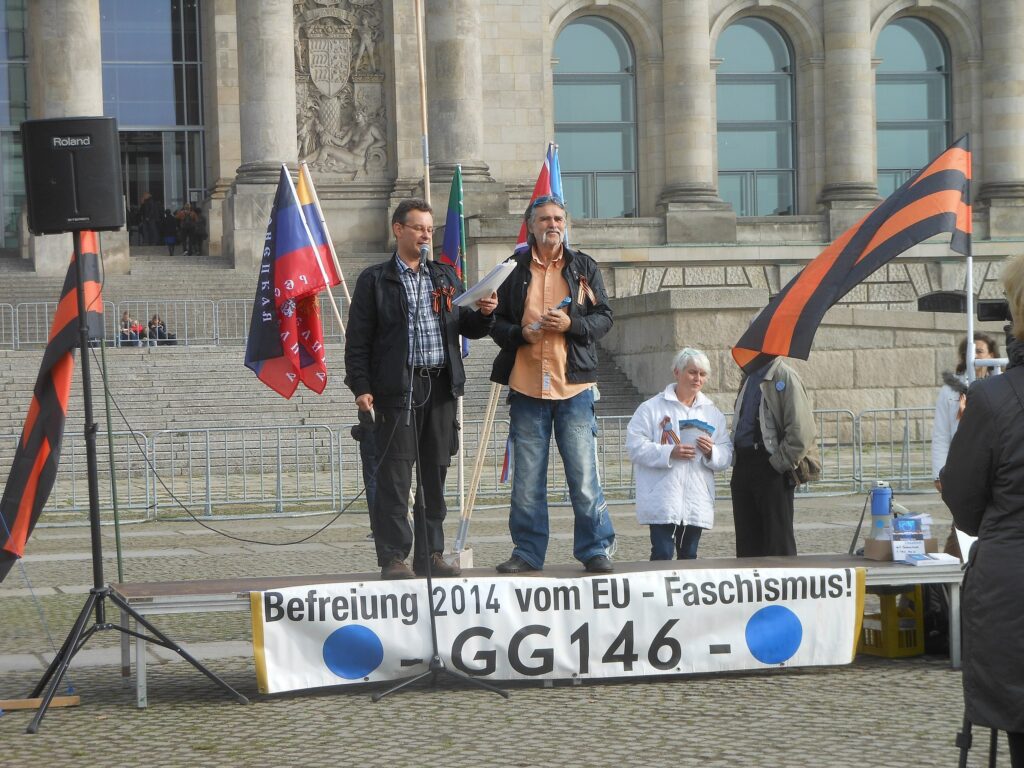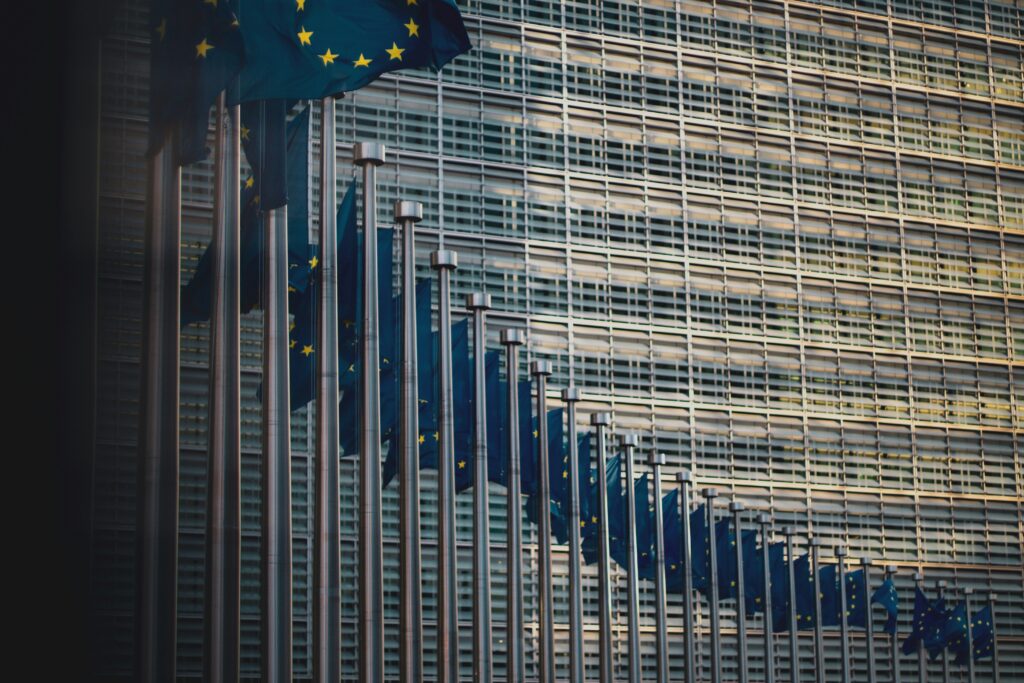British Fascists Builds Allance With the German Far-Right

The British far-right party, Homeland, visits Germany in an apparent effort to grow their far-right network in Europe.
Mannheim attack perpetrator is part of a neo-Nazi group

At midday, 3 March 2025, a man drove his car at high speed into a crowd of people in the centre of Mannheim. Two people died and a further eleven were injured. After the attack, the driver fled and shot himself in the mouth with a blank firing weapon. He is receiving medical treatment in hospital and is in police custody. The driver is suspected of two counts of murder and multiple attempted murders and was questioned for the first time today. He did not make any statements to the magistrate.
Germany’s Far Right Rises, but the Left Stands in Its Way

The Left Party, which had an unexpected success, can pose a significant counterweight after the far-right Alternative for Germany (AfD) party came second in German elections and invited outspoken neo-Nazis into its ranks.
R.I.P. Pegida – 10 Years of PEGIDA

The final PEGIDA demonstration took place in Dresden, where it first emerged in October 2014. PEGIDA shaped public discourse in Germany, influenced the AfD, and inspired short-lived offshoots worldwide. Its rallies became a platform for international extremists, but internal fractures and declining support led to its marginalization.
“Fighter of the Islamization of Europe” Suspected in Terrorist Attack in Germany

On December 20, a black BMW crashed into a Christmas market in Magdeburg, killing at least two people and injuring dozens more. The suspected terrorist has been arrested. Police have not yet announced his motives, but journalists said the perpetrator probably had mental problems and was under the influence of drugs. While the attack is reminiscent of Islamist terrorist attacks of the past, the perpetrator appears to be an ex-Muslim aligned with the German far-right.
Victories for the far-right AfD party in eastern Germany

Elections took place in the German federal states of Thuringia and Saxony on September 1, 2024, and in Brandenburg on September 22. The far-right party “Alternative für Deutschland” (AfD) saw significant gains across all three states.
Who are the Reichsbürgers in Germany?

The following text introduces a far-right movement in Germany whose followers believe that the “Deutsche Reich” continues to exist and that the elected government is illegal. Although its rejection of the state makes it seem bizarre, it is dangerous and has grown considerably in recent years due to the crises in Germany.
The last straw – AfD’s departure from the Identity & Democracy Group

The sacking of Alternative für Deutschland (AfD) from the Identity & Democracy (ID) group in the European Parliament traces back to clashes between AfD and Rassemblement National (RN), resulting from non-matching strategies and conduct rather than ideological mismatches.
Far-Right Extremism Is a Threat to Germany’s Democracy

Investigations have continued into this year, with a second raid against further Reichsbürger on 22 March ending in an exchange of fire between a suspect and the police. How big is this network of far-right conspiracists, and how serious is the threat they pose to liberal democracy in Germany? Die Linke MP and spokesperson for antifascist policy Martina Renner spoke with the Rosa Luxemburg Foundation’s Anika Taschke about these questions and the fight against far-right extremism in Germany today.
A Decade of Right-Wing Radicalization
Ten years after its founding, the Alternative für Deutschland shows no sign of moderating its politics By Gerd Wiegel The rise of Germany’s leading right-populist party, the Alternative für Deutschland (AfD) or “Alternative for Germany”, is unprecedented in the German political system. The AfD won 10.3 percent in the autumn 2021 elections, securing it seats […]

